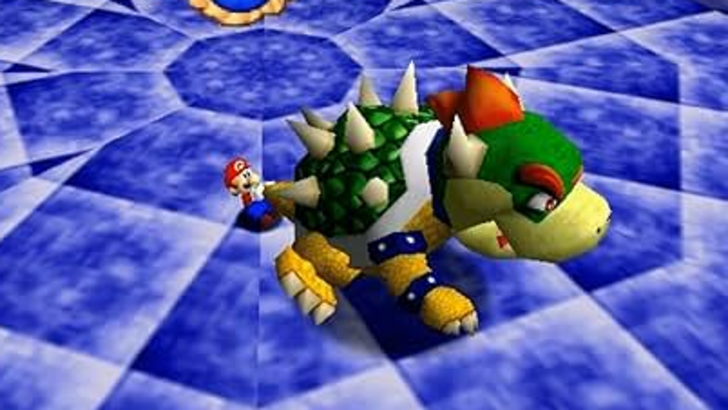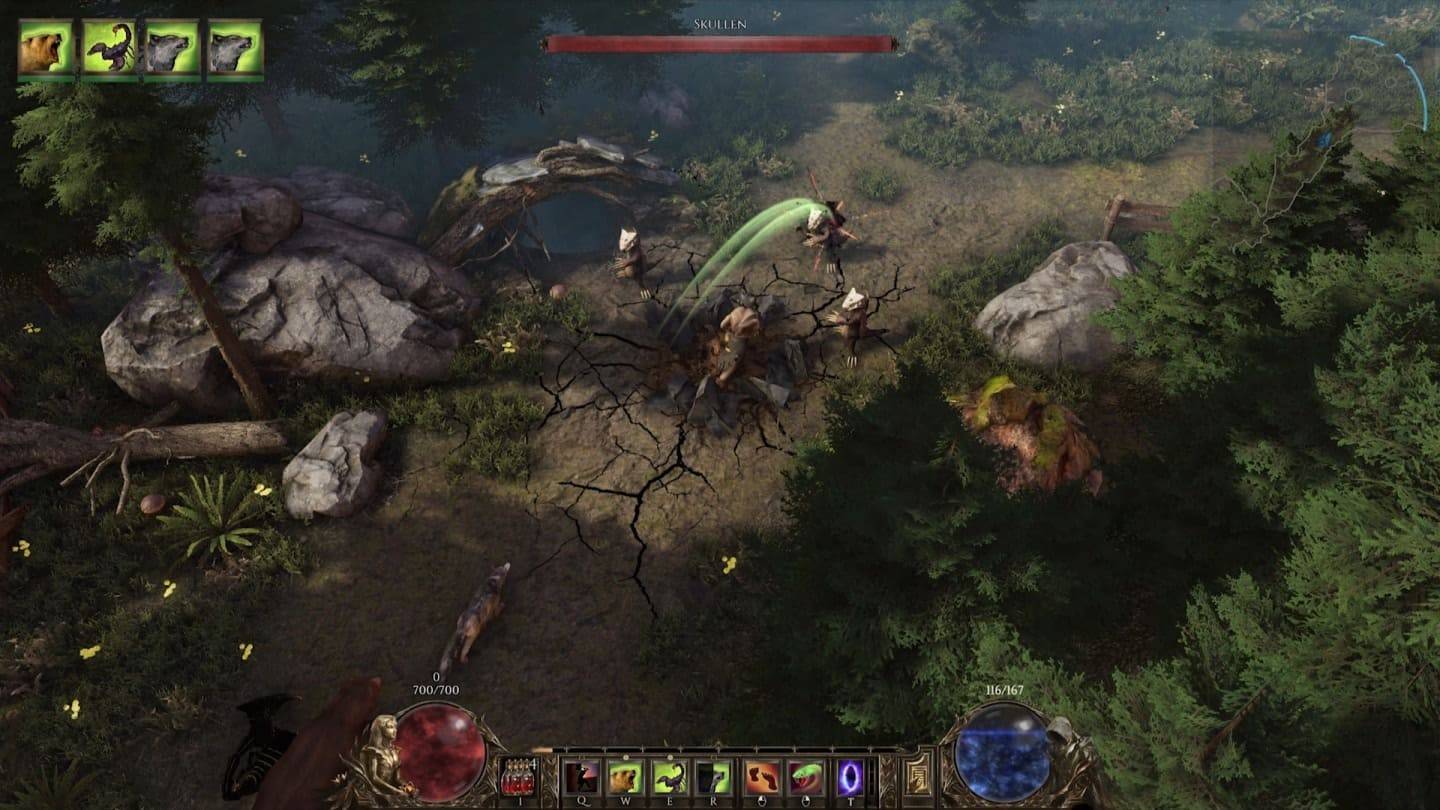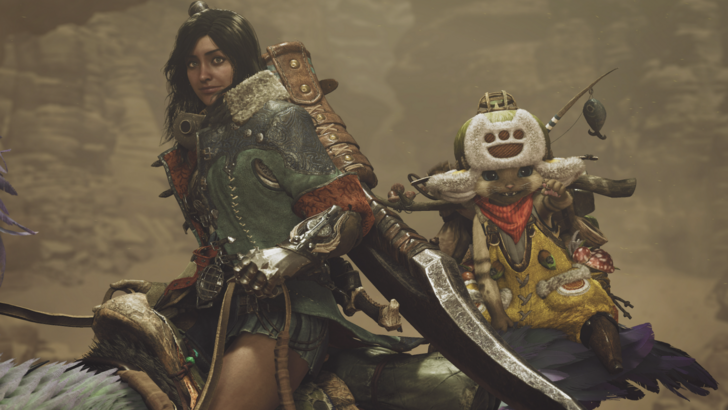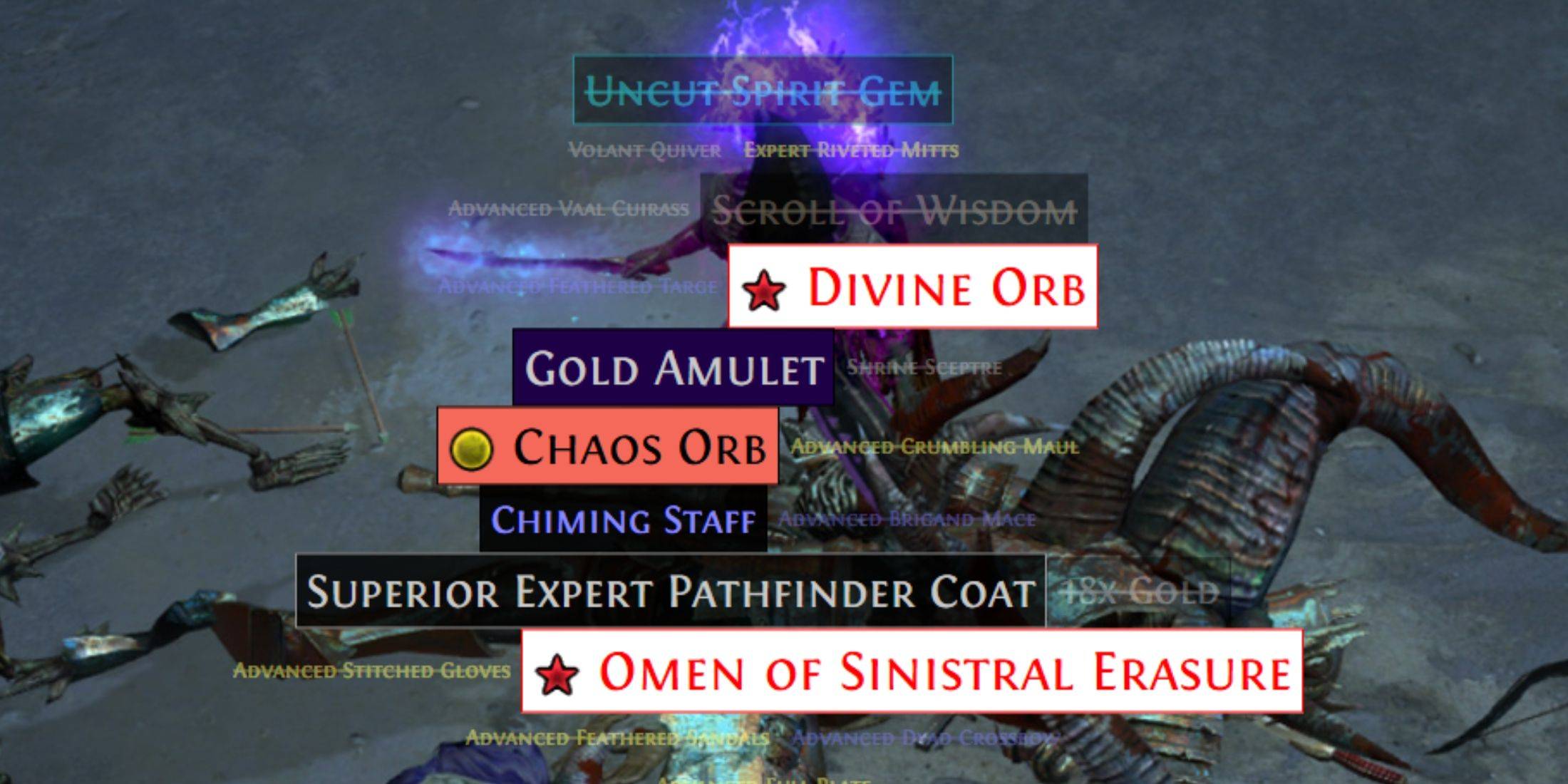The debate surrounding turn-based versus action-oriented gameplay in role-playing games (RPGs) has been reignited with the release of Clair Obscur: Expedition 33. This game, which launched last week, has been widely praised by IGN and other reviewers as an exemplary RPG that proudly embraces its turn-based roots. Drawing inspiration from classics like Final Fantasy VIII, IX, and X, Clair Obscur features a turn order system, Pictos to equip and master, zoned-out dungeons, and an overworld map. In an interview with RPGsite, producer Francois Meurisse emphasized that the game was designed as a turn-based RPG from the outset, also citing influences from Sekiro: Shadows Die Twice and the Mario & Luigi series, particularly in its use of quick-time events and parry/dodge mechanics.
The unique blend of traditional turn-based strategy with action-oriented elements in Clair Obscur has sparked significant conversation online. Social media users have seized on its success to challenge the shift towards action-based mechanics in RPGs, notably within the Final Fantasy series. Naoki Yoshida, during the media tour for Final Fantasy XVI, discussed the move towards more action-driven gameplay, citing a growing preference among younger audiences for real-time mechanics over command-based systems. This shift is evident in recent Final Fantasy titles like XV, XVI, and the VII remake series, which have stirred both praise and criticism.
However, the narrative around turn-based games is more nuanced. While Final Fantasy has leaned towards action, Square Enix has not abandoned turn-based RPGs entirely. Titles like Octopath Traveler 2, SaGa Emerald Beyond, and the upcoming Bravely Default remaster for Switch 2 demonstrate continued support for the format. The success of Clair Obscur does not necessarily suggest that Final Fantasy should adopt its mechanics. Each series has its own unique aesthetic and identity that cannot be simply swapped out. Comparing Clair Obscur to Final Fantasy as "Final France-tasy" might be amusing, but it overlooks the distinctiveness of both.
The debate over turn-based versus action-based RPGs is not new. Similar discussions have surrounded games like Lost Odyssey and comparisons between Final Fantasy VII and VI. Sales figures, as Yoshida mentioned, also play a crucial role in game development decisions. Clair Obscur: Expedition 33 achieved a remarkable 1 million sales in three days, a strong indicator of its appeal. However, Square Enix typically sets higher sales expectations for Final Fantasy titles.
Despite concerns about the viability of turn-based games, recent successes like Baldur's Gate 3 and Metaphor: ReFantazio suggest that there is still a market for them. Clair Obscur's success is a testament to Sandfall Interactive and Kepler's efforts and signals a potential resurgence of mid-budget RPGs. Whether it can reach the acclaim of titles like Baldur's Gate 3 or Disco Elysium remains to be seen, but its strong start is undeniable.
As for Final Fantasy, the underperformance of recent entries like Final Fantasy XVI and FF7 Rebirth may reflect broader industry trends and the increasing costs of developing major franchise entries. The key takeaway from Clair Obscur's success is the importance of authenticity in game development. As Larian CEO Swen Vincke noted, creating a game that the team is passionate about can lead to both critical and commercial success. This approach, rather than rehashing old debates, offers a positive path forward for the RPG genre.

 Latest Downloads
Latest Downloads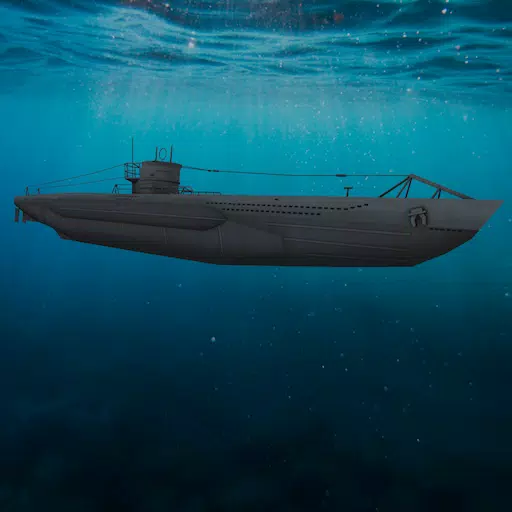
 Downlaod
Downlaod

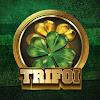
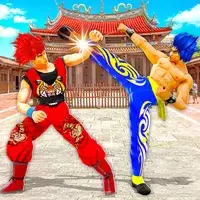
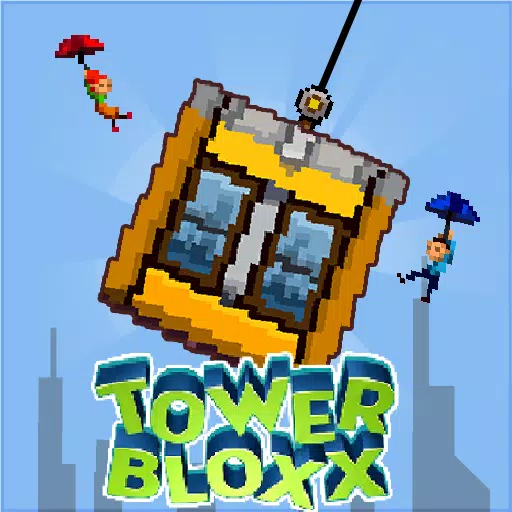
 Top News
Top News